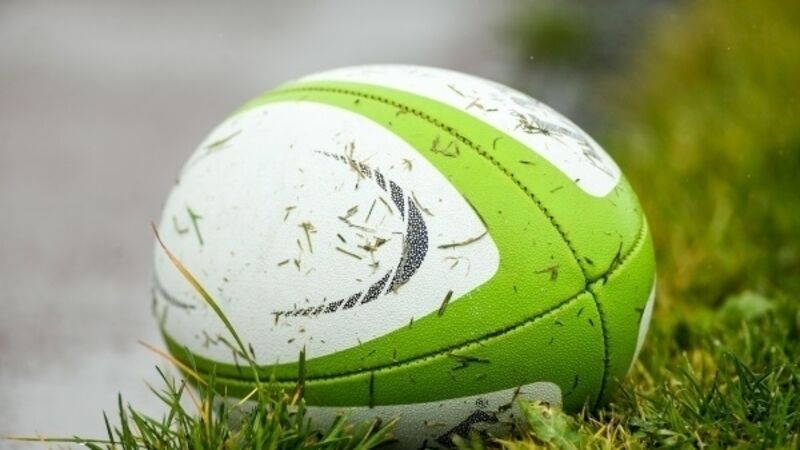Rugby priorities shift and scar World Cup

This weekend, rugby confirms its place among the debased, increasingly cynical, and commercially compassed sports of our world. A sport that once celebrated an admirable set of values has but one now, and it does not always lead to admirable outcomes.
By cancelling games at World Cup 2019 in Japan because of an entirely predictable typhoon — Super Typhoon Hagibis — it lays its priorities on the table.
















